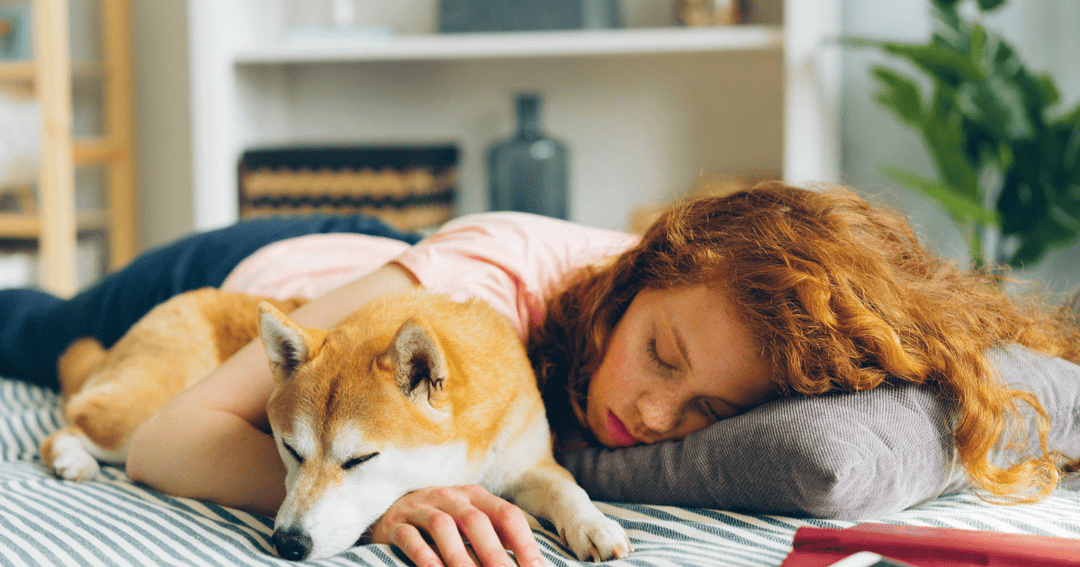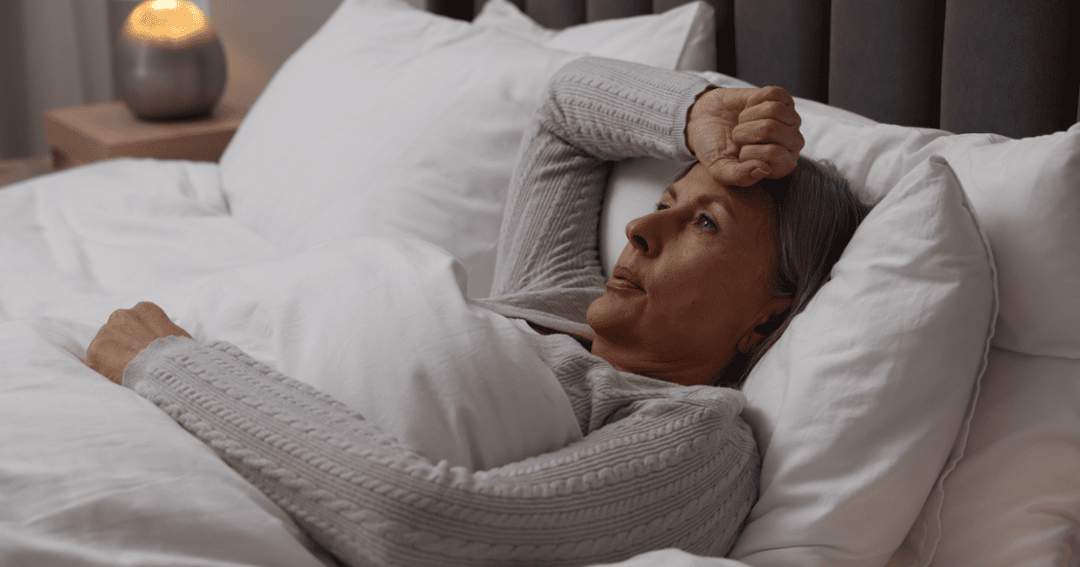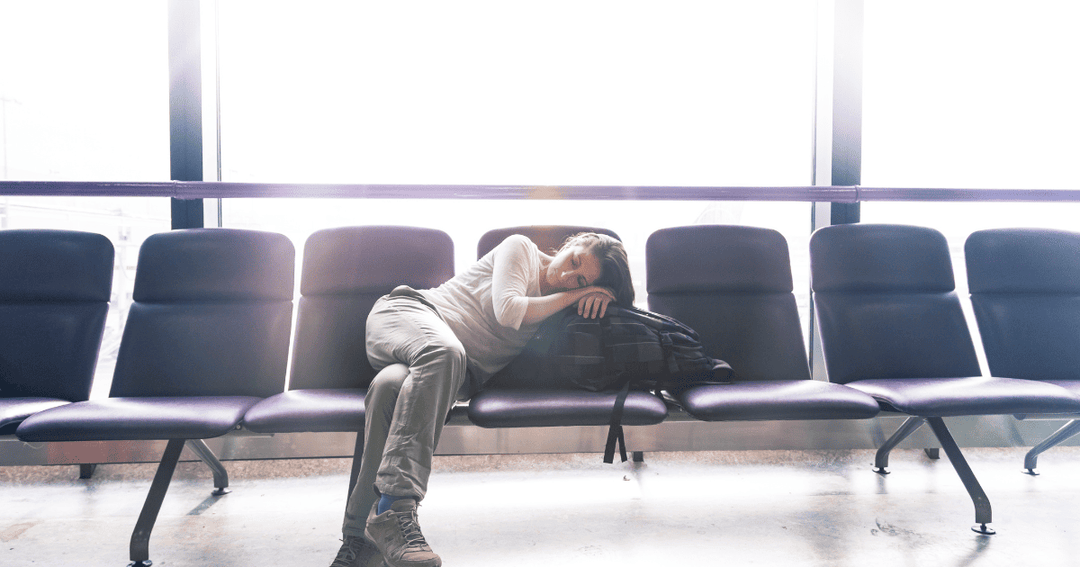Study Shows Sex is More Effective than OTC Sleeping Pills

The annual SLEEP 2023 meeting in Indianapolis featured a talk on how sex has been shown to be more effective than OTC sleeping pills when it comes to falling asleep and staying asleep. It was a small survey of just 53 adults who were asked questions about their sleep medication usage, sleep quality, and sexual activity.
According to the lead author, “Little scientific data exists around the impact of sex and orgasm on sleep quality.” This is unsurprising, given that post-sexual deep sleep is so anecdotal, but the findings suggest there may be room for more research in the future.
The research team did point out that media portrayal of sleep after sex is common and sometimes exaggerated. The majority of people in the study were relatively young, with 89 percent between the ages of 25 and 49. The majority, 66 percent, said they have used OTC sleep meds at some point in their life.
This also isn’t surprising, especially since sleeping pill usage skyrocketed during the pandemic. It’s a trend that is continuing but, unfortunately, can also be dangerous.
There are side effects associated with sleeping pills, including potential dependency, but there has been a recent trend in users seeking out organic, non-dependent solutions like Sip2Sleep®.
Sex and Sleep
According to the participants, sex simply works better than sleep meds to get a good night’s rest. Previous research supports this claim. For instance, earlier this year, the Centers for Disease Control and Prevention released a report that showed eight percent of people agreed to using a sleeping aid in the past month. Women, as has been the trend for years, tend to use sleeping pills more than men at 10.2 percent compared to just 6.6 percent of men. People also tend to use pills more often as they get older.
This report also showed that 6.6 percent of people had used a sleeping pill daily for the past month. Many sleep experts find this disturbing, with one saying that sleeping pills have a lot of side effects. It’s really important that we support patients in the best way that we can because insomnia can lead to depression and anxiety.
So, sleeping pills can be really useful in that context, but it’s not recommended to use them for more than two weeks.
Also Read: University of Oregon Study Highlights How Bad Sleep is Tied to Depression and Suicidal Thoughts
According to the 2023 SLEEP survey, 75 percent of participants said their sleep was better after sex, while just 64 percent said that a sleeping pill had a similar impact on their sleep.
It’s important to potentially differentiate between sex and orgasm since sexual activity also includes potential bonding with another person—further research is needed to see if there is a difference in sleep quality when comparing sex with “just” orgasms.
The team says, “While this data is quite preliminary, it was interesting how often sex was used to aid in sleep.”
The Safer Way to Get Better Sleep
Sex isn’t always an option as a “sleep aid,” but you do have options when it comes to choosing an OTC supplement that is natural, has no systemic side effects, and is non-dependent. Sip2Sleep® is a drinkable supplement made of just two ingredients: Montmorency tart cherry extract and Venetron®.
Tart cherry extract addresses inflammation, which can get in the way of a good night’s sleep. Venetron® is derived from a plant and is a known anti-anxiety agent. Together, these two all-natural ingredients may help you get the sleep you need and is easy to fit into a healthy sleep hygiene routine.
Also Read: Can't Sleep? Discover Why Sip2Sleep® Works Better Than Melatonin
You may also want to consider your bedtime routine and make some positive changes—changes are possible for the vast majority of people since many of us have bad evening habits. Eat at least three hours before bed and stop screen times at that time, too.
Avoid caffeine past lunchtime and alcohol entirely if possible. Choose quiet, soothing activities before bed such as reading a book or taking a hot bath. “Tell” your body and brain that it's time to wind down by avoiding bright lights and establishing a routine that helps you get in the mood for sleep.
And if you do have a bedmate, sex can help—but also make sure you both have what you need to sleep peacefully together, such as separate sheets/blankets or if someone snores, sleeping separate may be best.







